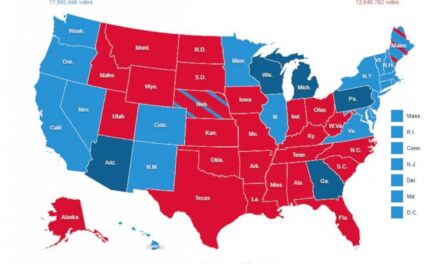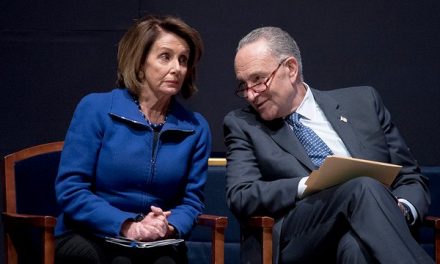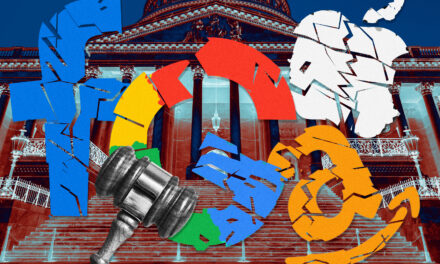I was born in 1969 so my introduction to the world was perfectly timed to provide a sense of discontinuity with the past. My older brothers, both born in the 1950’s, had memories of a time before the major civil rights legislation of the 1960’s. They witnessed the English Invasion and Jimi Hendrix and Janis Joplin when they were alive. They watched our cities burn in race riots and saw Malcolm and Martin and Robert get assassinated. They were glued to the television when the Chicago police beat protestors during the Democratic National Convention of 1968, and when we landed on the moon in 1969. They faced the prospect of being sent to Vietnam if the war continued to drag on.
For me, all these things were in the past, and everything that came before them seemed as distant and foreign as the black and white footage of our World Wars. What did The Bee Gees have in common with Buddy Holly, or Diff’rent Strokes have in common with My Three Sons? The rupture in time was so extreme that it seemed impossible to me that the 1950’s were less than twenty years in the past.
Of course, I went to high school and college in the years immediately prior to the internet, and this created another rupture in time. Talking to my children, it can sometimes feel like my childhood experiences are similarly foreign to them. But I don’t really think the second rip in time comes close to the first. Anyone sent from the present back to the 1980’s or early 1990’s would not feel like they’d entered an entirely different country or culture. Nothing has happened, even the internet, the cell phone, and the end of the Cold War, that is as monumental as the introduction of the pill or end of Jim Crow or the trauma of Vietnam and Watergate.
But I think that is changing now. I believe we’re entering a second period like the 1960’s, and what’s really driving it is the arrival of a generation that does not share our assumptions about the virtuous past. My generation rallied against apartheid in South Africa in an amnestic way, as if we hadn’t maintained the same type of system right up to moment of our conception in the mid-to-late 1960’s. But that meant that we thoroughly rejected that past. What we were less likely to reject was the narrative of our country’s founding or the heroic stories of settling the West. We were taught to question colonialism as practiced by the Europeans, but we were somehow exempt from that criticism.
In today’s context, it’s the difference between pushing to take down relics of the Old South and pushing to take down every statue of a conquistador or slaveowner. This is happening here in America, but it’s also happening in Europe. There’s a new reckoning and a different moral judgment about the past, and much like Gone With the Wind is suddenly seen as far too celebratory of a way of life that was indefensible, so too is the idea of honoring someone like Cecil Rhodes.
We’re entering an iconoclastic age, where old symbols are smashed to make way for a whole new way of looking at the world. How we police our cities is most definitely a central part of this, and how we go about incarcerating people will probably come next. A lot of it is going to go too far and too fast for people of my generation, just as the changes in the 1960’s challenged even the progressive-minded people behind the New Deal. There will be a new kind of backlash as two irreconcilable worldviews are forced to live together within the same population and electorate. Many from my generation will evolve and adjust, and others will fight back with everything they have.
But what I’m pretty sure about is that twenty years from now, the last decade will seem as strange and distant as the 1950’s looked to me in the 1970’s.







